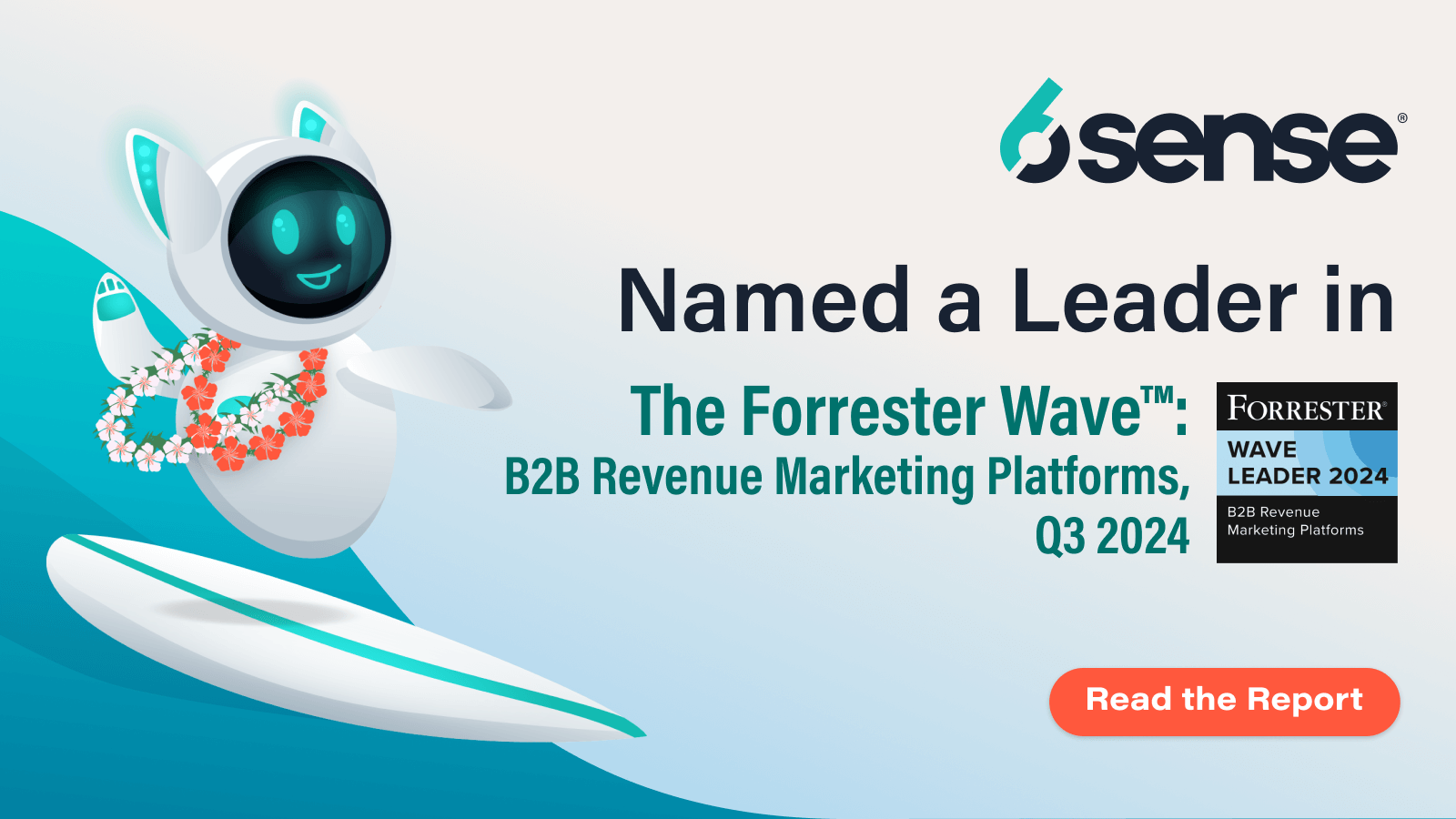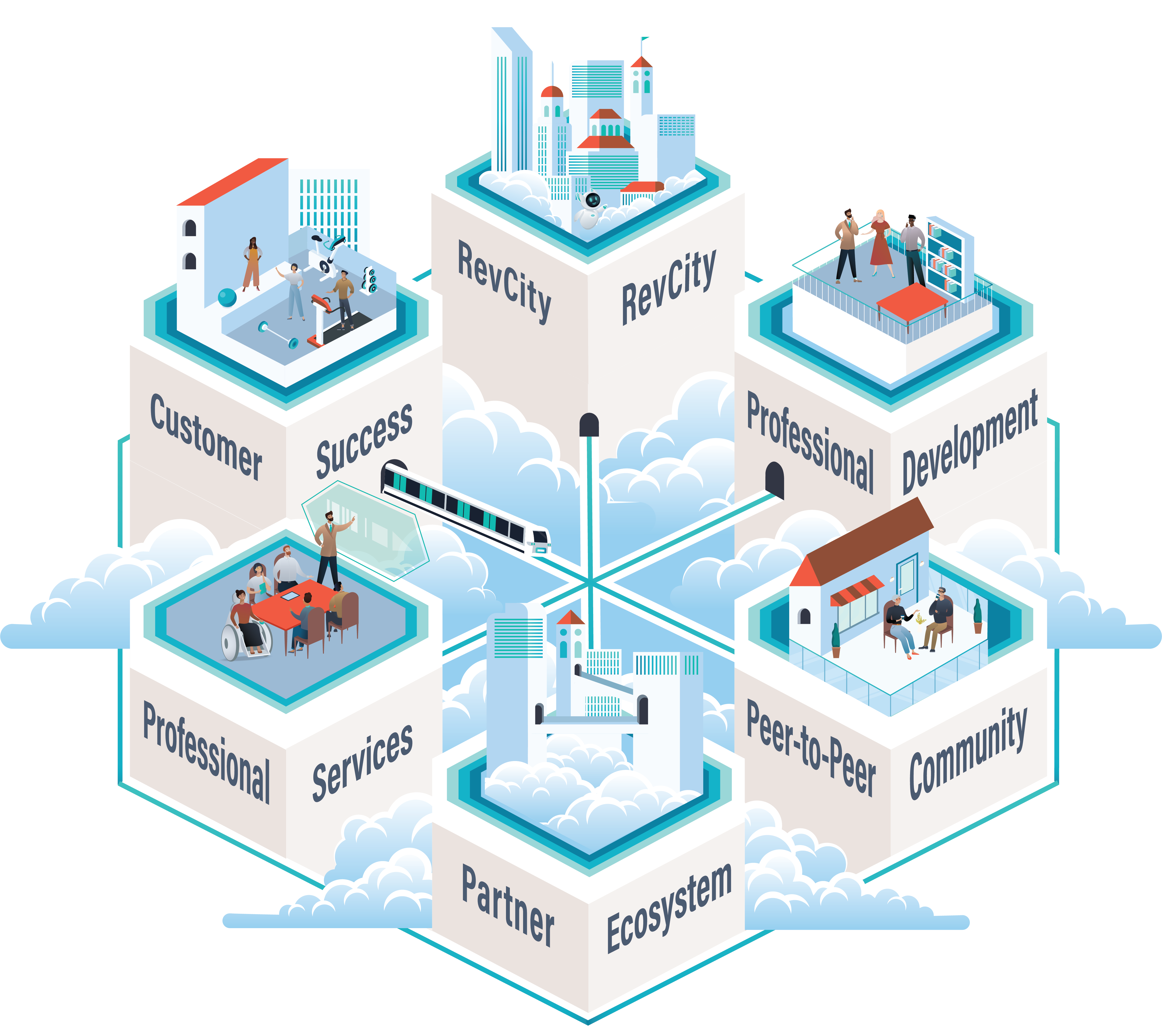This has been a MOTHER of a year for mental health, with anxiety and stress mixing between professional and personal lives like never before.
Last Friday’s CMO Coffee Talk session focused on the importance of proactively supporting the mental health needs of your employees, with a specific focus on revenue teams.
Below are numerous highlights from the conversation amongst chief marketing officers on Friday. Thank you Jeff Riseley for sharing your insights as well.
———————————————————————-
We did research a couple years ago that asked sales leaders what percentage of their team’s success was based on these mental factors, confidence, attitudes, EQ, internal beliefs, etc. and the response average was 84%. Yet only 26% said they were any good at or spent any time on focusing training and coaching on it.
I think many organizations don’t feel responsible and accountable for employees’ mental health (other than offering it as part of benefits). That in itself requires a mindset shift starting from the top.
I like the concept of keeping all of our colleagues healthy in every way, but most companies (HR, mgt, exec-led culture) aren’t set up to do this, at least not well sadly.
There’s managing numbers and there’s coaching a person- two different things. When sales activity is low it’s not the problem, it’s the symptom of the problem(s).
Another stressor for marketing vis-à-vis performance is ROI. When sales is ineffective in converting MQLs into pipe, marketing usually gets blamed. And most marketers get put in this uncomfortable spot.
A lot of leaders (and people in general) don’t know how to check in on their team’s mental health or even to spot warning signs on their team. There is a training called Mental Health First Aid / Mental Health in the Workplace that trains managers on this.
One silver lining with COVID I think is that we all see mental health issues all around us. So more companies are talking about mental health.
The “always on” thing is a factor in wearing people down for sure.
I had a CEO who said he didn’t care if people were happy, they were here to work. That type of message ripples through an org fast.
I did a session with my team earlier this week on ‘Change is Easy, Transition is Hard’ based on a great podcast by Patrick Lencioni. We have part 2 in two weeks. It was a total mental and emotional discussion.
I do a work satisfaction survey as part of my formal annual and quarterly reviews. I ask about Autonomy, Mastery and Purpose and a rating from 1 to 10 for each. It leads to very open 1:1 discussions around stress levels and mental health etc.
I have asked “what’s your favorite mental health activity” as a discussion question in my first team call with a few of my teams. I introduce the topic with my explaining the importance of mental health for our team members. It helps people get to know each other and start addressing that mental health stigma.
“It requires courage to be vulnerable.” We as leaders can go first, share vulnerability, let our teams know it is OK.
Literally ask people on your team “what do you need right now”, so powerful!
I miss the mental downtime of the commute. Not the frustration, but some sort of mental demilitarized zone before the brain has to work.
The first two things I discuss in my 1 on 1s is: Most challenging part of last week. Highlight/best part of last week. Which gives a glimpse into where people are struggling (which is usually stress) and what energizes them.
The constant context switching during the day is driving me nuts. Even two interruptions by my kids a day has trained me to listen for ANY footsteps near my office door and start bracing for having my focus shattered.
Just brought in an art therapist for my team yesterday, and they were surprised that it was truly a mental health session but were incredibly grateful for it.
I’ve been surprised by the fact that there AREN’T gender differences on this topic. I (incorrectly) assumed it would be harder to get male direct reports to open up and share their emotions than female, but it’s been about the same.



